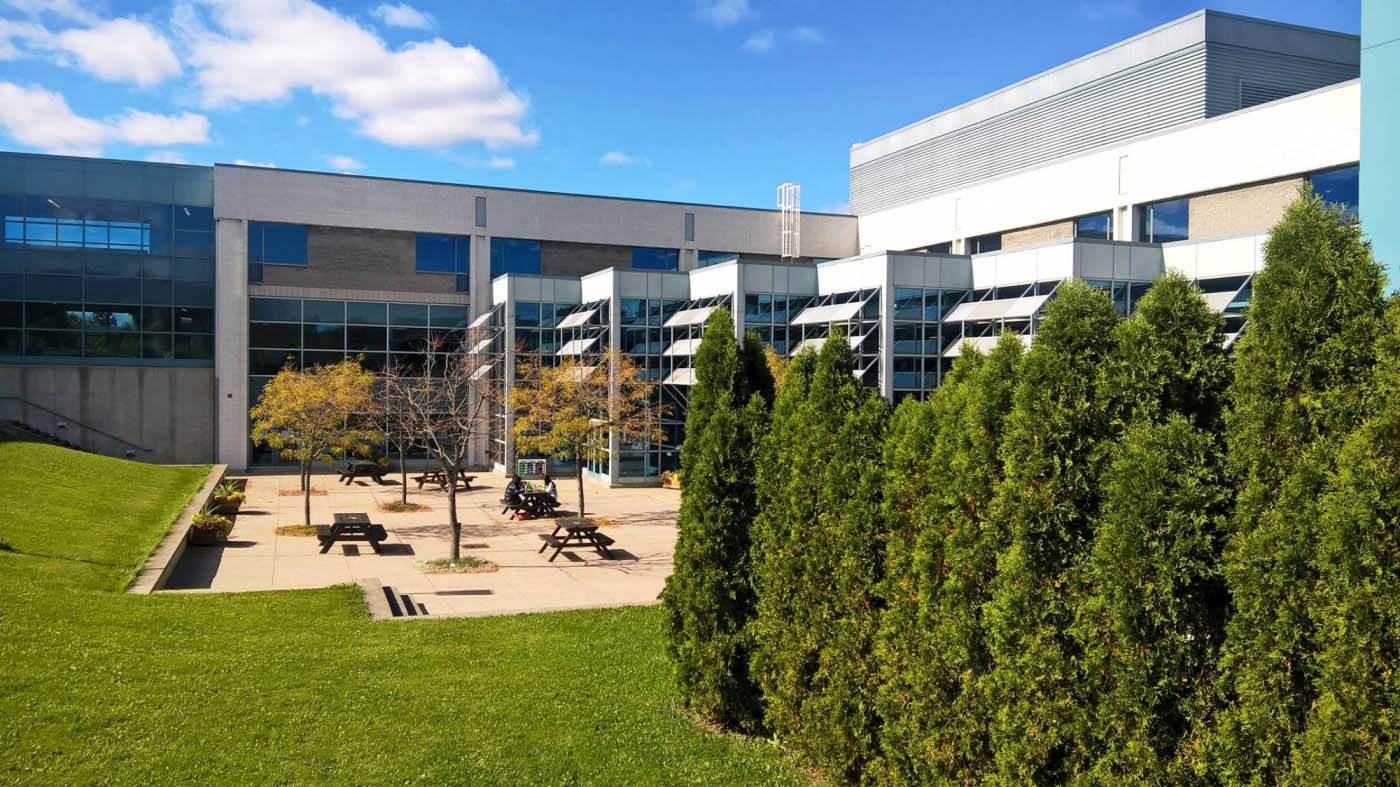
Home > Study in Canada > Lambton College - Sarnia Campus > Advanced Diploma in Instrumentation and Control Engineering Technology - Industrial Automation - Accelerated (Co-op)
Advanced Diploma in Instrumentation and Control Engineering Technology - Industrial Automation - Accelerated (Co-op)
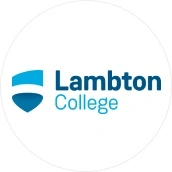 Lambton College - Sarnia Campus, Canada
Lambton College - Sarnia Campus, Canada

CAD 16380
Annual Tuition Fee

CAD 150 Waived
Application Fee

24 months
Duration

6.5
IELTS

79
TOEFL

60%
Min GPA
Program Overview
This accelerated program is designed to meet industry's future requirements for a skilled workforce. It provides the opportunity for a graduate with an Engineering Technology Degree, Engineering Degree, or Science Degree in Physics or Chemistry, to earn an advanced technical diploma in instrumentation and control within a shorter time frame than those registered in the Instrumentation & Control Engineering Technology program. The accelerated program is delivered in seven terms including three recommended co-op terms. The standard three-year Instrumentation & Control Engineering Technology program includes three co-op terms delivered in nine terms.
The program provides the theory and technical hands-on knowledge to operate, maintain and troubleshoot various control systems. These computer control systems can be used to control countless processes. Instrumentation devices (i.e. transmitters and switches) are used to measure process variables (e.g. composition, temperature, pressure, level, density, mass, flow) in a variety of industrial, commercial and residential applications. Final control elements (i.e. valves, dampers, heaters, electric motors, conveyors) are then used to modify the process to maintain control.
Students enrolled in this program will train in Lambton College’s newly renovated Centre of Excellence in Energy & Bio-Industrial Technologies. The Centre offers state-of-practice technology laboratories and infrastructure to support learning and research in next-generation technologies in collaboration with industry.The program labs replicate real-life manufacturing environments and the technologies developed can easily be scaled-up and transferred to an actual operating unit. Moreover, students in this program will have the opportunity to work in relevant industries within the three co-op terms.
Securing a Co-op
The job market for co-op is very competitive. Students who have met the co-op eligibility are highly encouraged to actively participate in the recruitment process in the semester prior to their co-op work term. This includes, but is not limited to, attending all recruitment workshops, meeting with your program co-op advisor, regularly searching through the MyCareer Job Posting System and other job posting sites, networking; and contacting potential employers. The MyCareer Centre actively pursues employers, however there may be limited availabilities so students should seek out additional employers to secure their own co-op.
If a co-op position is not secured prior to the start of a co-op semester, students should meet with their program co-op advisor to discuss next steps. Any student who secures their own position must contact their program co-op advisor prior to the start of employment to determine if this position is considered acceptable as a co-op and to complete the appropriate paperwork to register the co-op. This is necessary in order for either the insurance to be put in place or for the employer to get a tax credit letter. For more information on securing a co-op, read the Co-operative Education and Internship Policy (2000-8-1).
Students enrolled in a co-operative education program pay a mandatory fee to cover the costs of employer relations development, job development, job-readiness preparation and co-op service administration. Payment of fees does not secure a co-op position.
Additional Information
Program Level Postgraduate Certificate / Diploma
College/University Processing Time 30 Days
Program Format Full-Time
General Admission Requirement
- IELTS
- Minimum Overall Score - 6.5
- TOEFL
- Minimum Overall Score - 79
- PTE
- Minimum Overall Score - 60.0 Minimum Listening - 57.0 Minimum Reading - 57.0 Minimum Writing - 60.0 Minimum Speaking - 57.0
Academic Requirement
- Minimum Level of Education Required: To be accepted into this program, applicants must possess an Engineering Technology Degree, Engineering Degree, or Science Degree in Physics or Chemistry.
- Students who apply will be assessed individually and will be exempt from introductory courses based on their educational background.
- Students are required to complete a series of technical writing workshops in order to progress into the second term of study.
Similar Programs
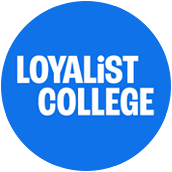

Loyalist College - Belleville Campus
Intake
Jan 2025, Sep 2024

Application Fee

Duration
Test Score
6.5
IELTS
84
TOEFL
50
Min GPA
.webp)

Conestoga College - Doon Campus
Intake
Sep 2024, Sep 2025

Application Fee

Duration
Test Score
6.5
IELTS
88
TOEFL
50
Min GPA
.webp)

Conestoga College - Doon Campus
Intake
Jan 2024, Jan 2025, May 2024, May 2025, Sep 2024, Sep 2025

Application Fee

Duration
Test Score
6.5
IELTS
88
TOEFL
50
Min GPA
.webp)

Conestoga College - Doon Campus
Intake Jan 2025, May 2025, Sep 2025
Jan 2024, May 2024, Sep 2024

Application Fee

Duration
Test Score
6.5
IELTS
88
TOEFL
50
Min GPA


Loyalist College - Belleville Campus
Intake
Jan 2024, Sep 2024

Application Fee

Duration
Test Score
6.5
IELTS
84
TOEFL
50
Min GPA
.webp)

Conestoga College - Guelph Campus
Intake
Jan 2024, May 2024, Sep 2024

Application Fee

Duration
Test Score
6.5
IELTS
88
TOEFL
50
Min GPA
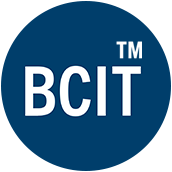

British Columbia Institute of Technology - Downtown Campus
Intake Sep 2025
Sep 2024

Application Fee

Duration
Test Score
6.5
IELTS
86
TOEFL
60
Min GPA
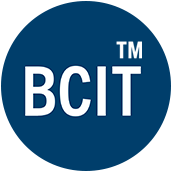

British Columbia Institute of Technology - Burnaby Campus
Intake Sep 2025
Sep 2024

Application Fee

Duration
Test Score
7
IELTS
90
TOEFL
60
Min GPA


British Columbia Institute of Technology - Burnaby Campus
Intake Sep 2025
Sep 2024

Application Fee

Duration
Test Score
6.5
IELTS
86
TOEFL
60
Min GPA


British Columbia Institute of Technology - Downtown Campus
Intake Sep 2025
Sep 2024

Application Fee

Duration
Test Score
6.5
IELTS
86
TOEFL
60
Min GPA


British Columbia Institute of Technology - Downtown Campus
Intake Sep 2025
Sep 2024

Application Fee

Duration
Test Score
6.5
IELTS
86
TOEFL
60
Min GPA
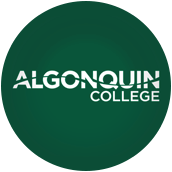

Algonquin College - Ottawa Campus
Intake Jan 2025, Sep 2025
Jan 2024, Sep 2024

Application Fee

Duration
Test Score
6.5
IELTS
88
TOEFL
55
Min GPA


Algonquin College - Ottawa Campus
Intake Jan 2025, Sep 2025
Jan 2024, Sep 2024

Application Fee

Duration
Test Score
6.5
IELTS
88
TOEFL
55
Min GPA


Algonquin College - Ottawa Campus
Intake Jan 2025, Sep 2025
Jan 2024, May 2024, May 2025, Sep 2024

Application Fee

Duration
Test Score
6.5
IELTS
88
TOEFL
55
Min GPA


Algonquin College - Ottawa Campus
Intake Sep 2025
Jan 2025, Sep 2024

Application Fee

Duration
Test Score
6.5
IELTS
88
TOEFL
55
Min GPA


Algonquin College - Ottawa Campus
Intake Sep 2025
Jan 2024, Jan 2025, Sep 2024

Application Fee

Duration
Test Score
6.5
IELTS
88
TOEFL
55
Min GPA


Algonquin College - Ottawa Campus
Intake May 2025, Sep 2025
Jan 2025, May 2024, Sep 2024

Application Fee

Duration
Test Score
6.5
IELTS
88
TOEFL
55
Min GPA


Algonquin College - Ottawa Campus
Intake Jan 2025, Sep 2025
Jan 2024, Sep 2024

Application Fee

Duration
Test Score
6.5
IELTS
88
TOEFL
55
Min GPA


Algonquin College - Ottawa Campus
Intake May 2025
May 2024

Application Fee

Duration
Test Score
6.5
IELTS
88
TOEFL
55
Min GPA


Algonquin College - Ottawa Campus
Intake May 2025, Sep 2025
Jan 2024, Jan 2025, May 2024, Sep 2024

Application Fee

Duration
Test Score
6.5
IELTS
88
TOEFL
55
Min GPA
Tuition Fee
The values given below are estimated figures, excluding extra charges like material fee, student activity fees, athletic fees, health care, etc., for courses. To know more, please visit the Programs page.
Average Tuition Fee Per Year
16380
Tuition Fee
(CAD)
CAD 150 Waived
Application Fee
(CAD)
12000 Per year
Average Cost of Living
(CAD)
The living costs include the total expenses per month, covering accommodation, public transportation, utilities (electricity, internet), books and groceries.
Check program website for more information about funding options.
Scholarships
For the Spring 2025, Fall 2025, and Winter 2026 intakes, we're making our programs even more affordable through enhanced entrance scholarships of:
- Up to $4,000 for Sarnia students
- Up to $3,600 for Ottawa students
How do these scholarships impact our tuition structure? For a typical two-year graduate certificate program (with co-op!), applicants can expect to see:
- A first-term tuition cost of approximately $7,000
- A first-year tuition cost of approximately $14,000
- A full-program tuition cost of approximately $23,000
Click HERE to explore our 31 scholarship-eligible programs in Sarnia and Ottawa. I also encourage you to read and share the following LinkedIn article where I explain how Lambton College is able to deliver a world-class education at a cost much lower than other public institutions.
Not sure what you are looking for?
Don’t worry, we are here to help.
Popular Universities to Study Abroad
World class education waiting for you.
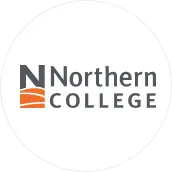
Ontario, Canada • 40 Programmes
Tuition Fee : CAD 15500 - 27500 / year

Ontario, Canada • 150 Programmes
Tuition Fee : CAD 14000 - 32000 / year
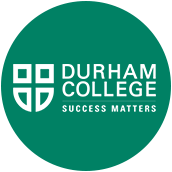
Ontario, Canada • 31 Programmes
Tuition Fee : CAD 14500 - 20000 / year
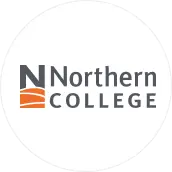
Ontario, Canada • 16 Programmes
Tuition Fee : CAD 15500 - 17500 / year
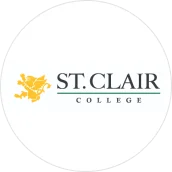
Ontario, Canada • 3 Programmes
Top Places To Study In Canada
Province wise Popular university and colleges for Studying abroad.
- Universities in Alberta
- Universities in British Columbia
- Universities in Manitoba
- Universities in New Brunswick
- Universities in Newfoundland and Labrador
- Universities in Nova Scotia
- Universities in Ontario
- Universities in Prince Edward island
- Universities in Quebec
- Universities in Saskatchewan
- Universities in Yukon Territory
Popular English Language Proficiency Exams
Blogs and Articles
Study in Canada Blogs & Articles
Updated on • Dec 05,2024 05:04 PM IST • Study in Canada
Best Cities to Study in Canada
Updated on • Nov 21,2024 05:23 PM IST • Study in Canada
Study intakes in Canada - Fall, Winter & Summer
Updated on • Oct 03,2024 12:51 PM IST • Study in Canada
New Rules & Regulations in Canada for International Students
Updated on • Aug 31,2024 03:19 PM IST • Study in Canada
Public Transportation in Canada for International students
Updated on • Aug 29,2024 05:08 PM IST • Study in Canada
Healthcare in Canada for international students
Updated on • Aug 27,2024 05:12 PM IST • Study in Canada
LLB in Canada for Indian Students After 12th
Updated on • Jun 28,2024 05:48 PM IST • Study in Canada
Benefits of 1+1 Programs in Canada
Updated on • Jul 12,2024 04:06 PM IST • Study in Canada
Increase your CRS Score with 1-year Master's in Canada
Updated on • Jun 11,2024 05:53 PM IST • Study in Canada
Hotel Management Courses in Canada: Top Universities & Available Scholarships
Updated on • May 31,2024 05:57 PM IST • Courses in Canada
Management Courses in Canada: Universities, Fees, Requirements, Scholarships & Jobs
Updated on • May 28,2024 01:39 PM IST • Study in Canada
Updated on • May 24,2024 04:49 PM IST • Study in Canada
Top Universities For Computer Science Courses in Canada
Updated on • May 28,2024 11:02 AM IST • Study in Canada
Increase Your PGWP Duration with 2 Years of Study in Canada
Updated on • May 22,2024 10:58 AM IST • Study in Canada
Canada Increases Off-Campus Working Hours for International Students
Updated on • May 22,2024 05:48 PM IST • Study in Canada
Student Education Loan to Study in Canada - Eligibility, Documents Required, How to Apply
Updated on • May 18,2024 03:27 PM IST • Education Loans
Teaching Courses in Canada for Indian Students
Updated on • May 17,2024 11:26 AM IST • Study in Canada
Universities in Canada for International Students
Updated on • May 14,2024 11:49 AM IST • Study in Canada
Colleges in Canada for International Students
Updated on • May 09,2024 05:17 PM IST • Colleges in Canada
Finance Courses & Universities in Canada
Updated on • May 02,2024 05:16 PM IST • Courses in Canada






